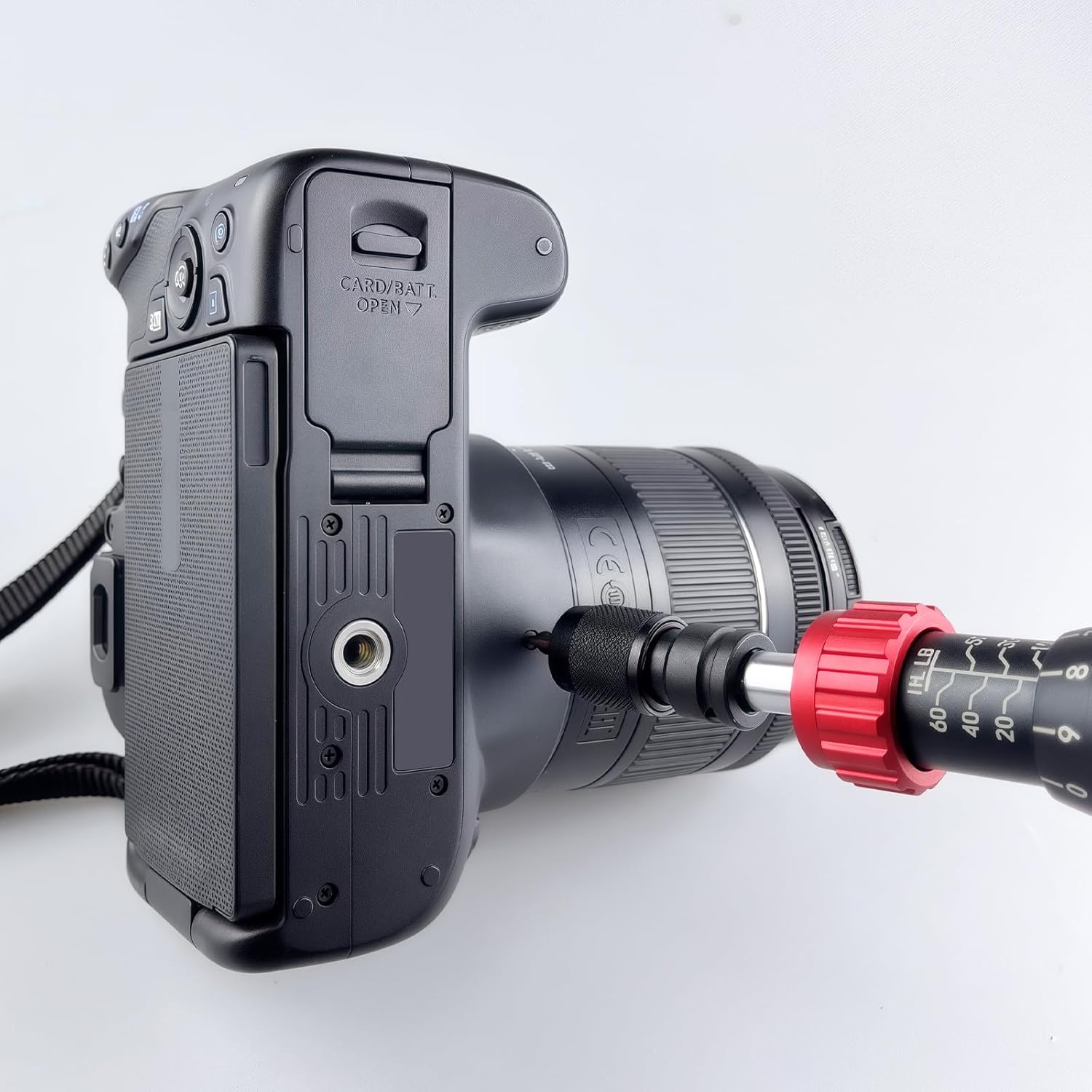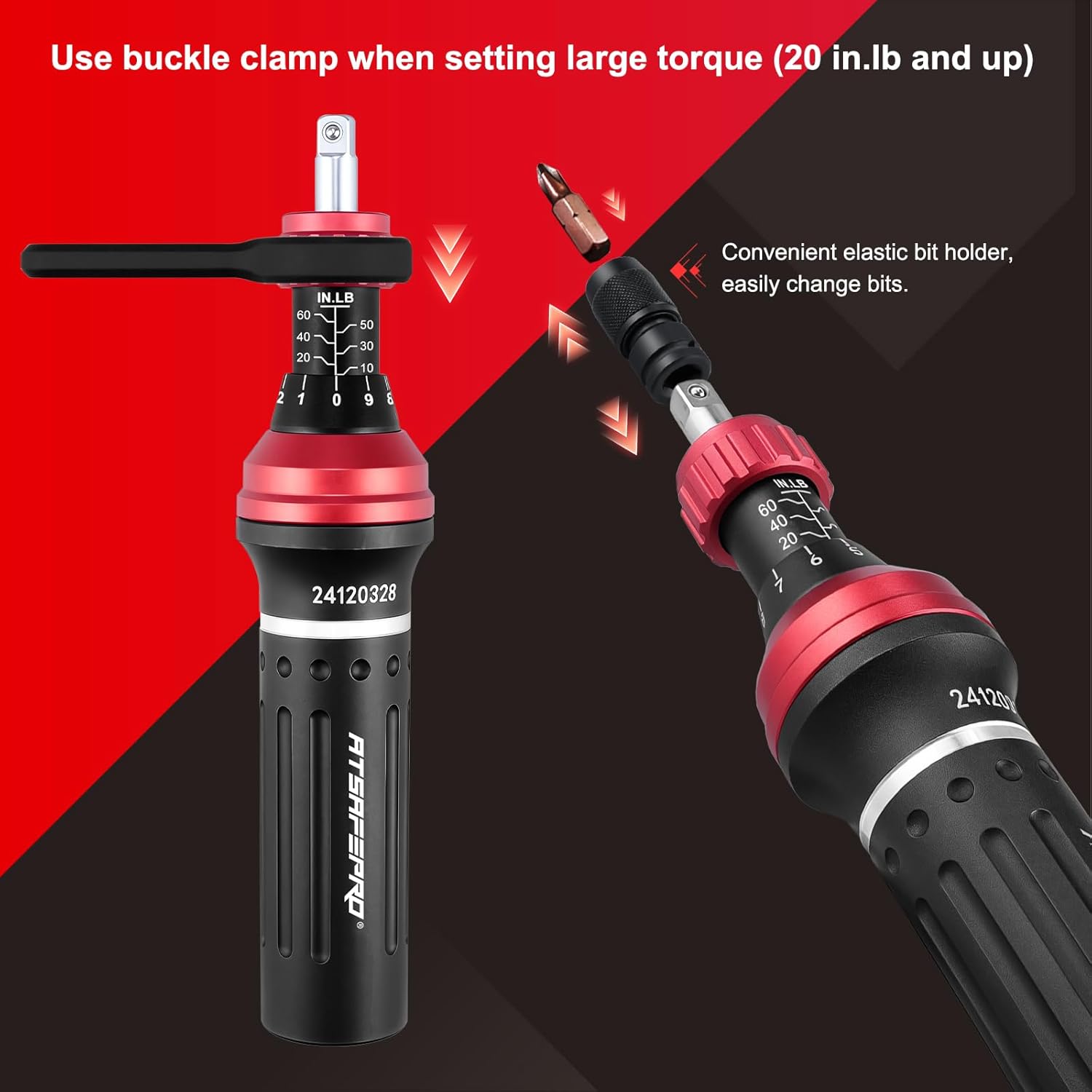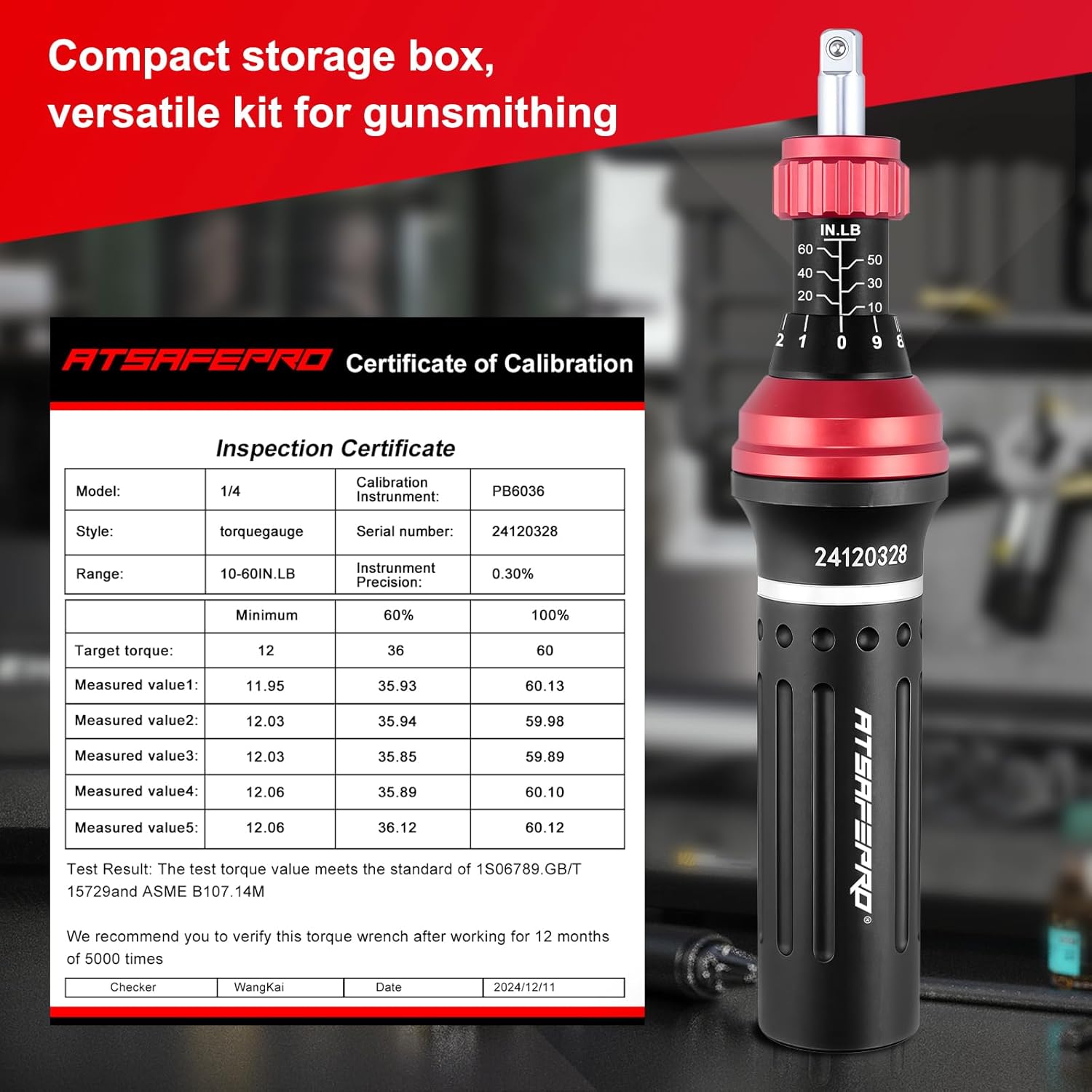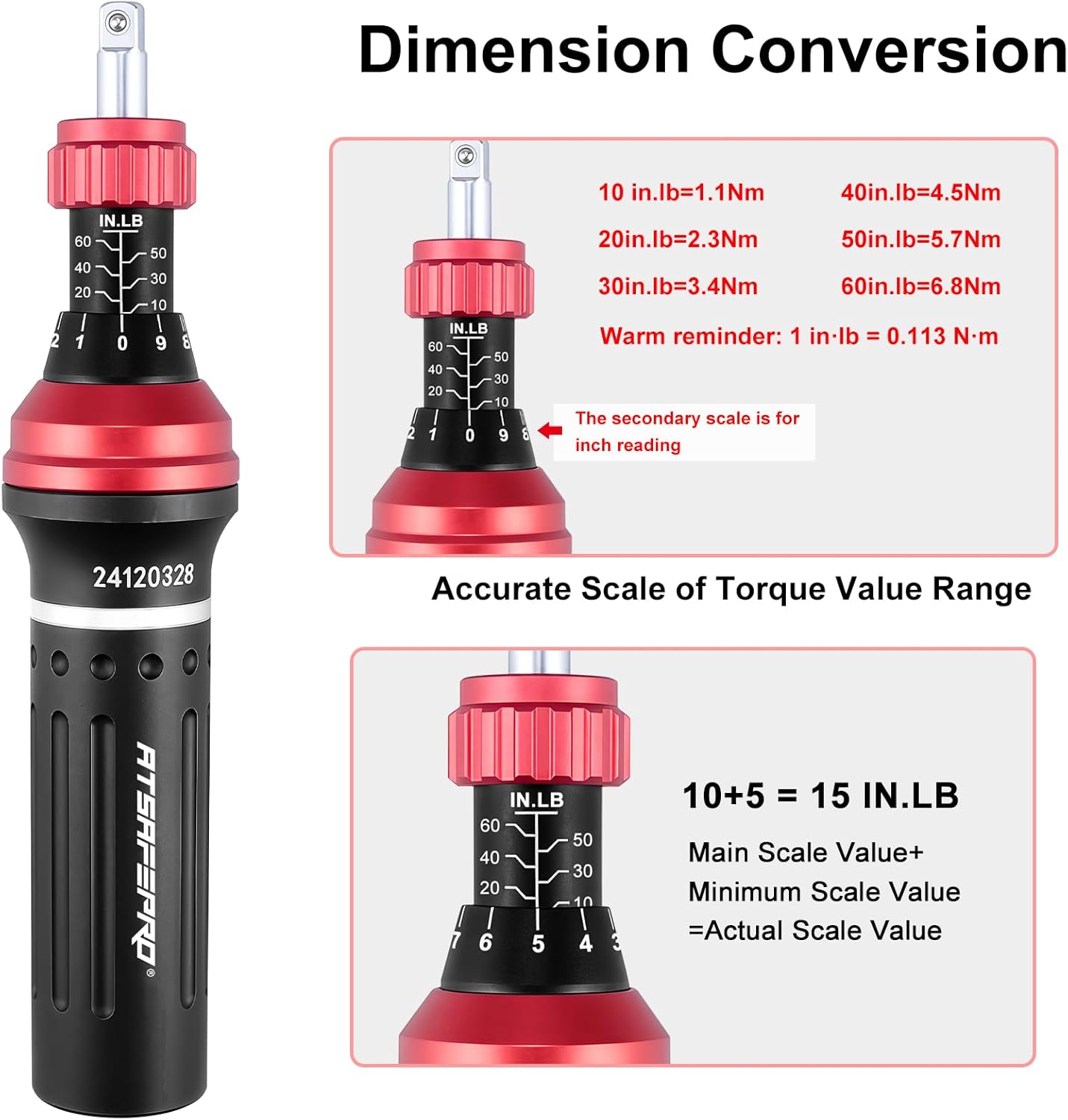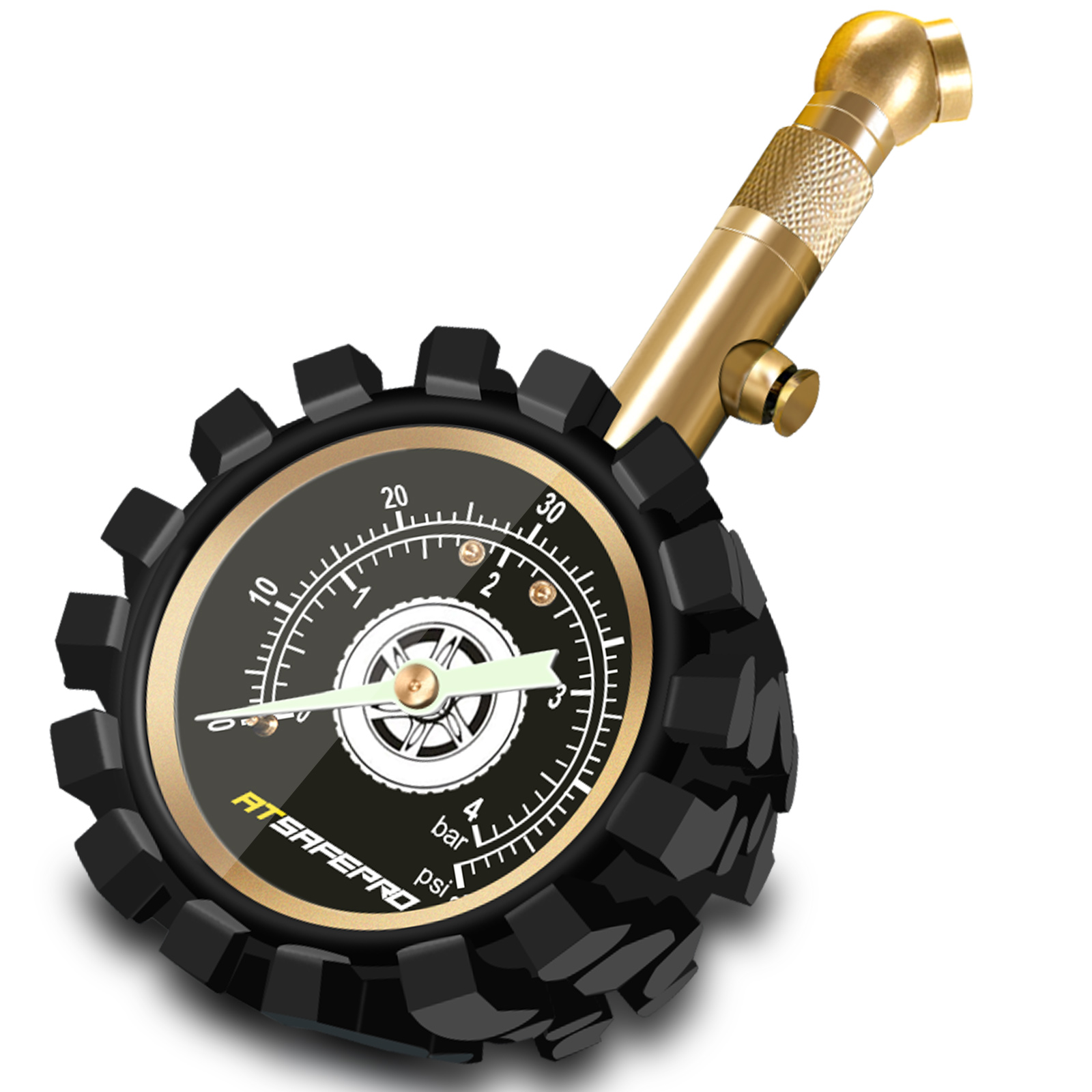
Mechanical vs Digital Gauges: Which One Wins in Real-World Use
Pressure gauges are essential tools for measuring air, gas, or fluid pressure across a wide range of applications—from checking tire pressure to monitoring industrial systems. Two main types dominate the market: mechanical gauges and digital gauges.
Each has its own set of strengths, weaknesses, and ideal environments. Understanding how they work and where they shine can help you make an informed choice.
How They Work
Mechanical Gauges
Mechanical gauges typically use a Bourdon tube or similar mechanical element. When pressure is applied, the tube deforms slightly, causing a needle to move across a calibrated dial. This purely mechanical process means no electronics, no batteries, and a direct physical response to pressure.
Digital Gauges
Digital gauges use an electronic pressure sensor—often a strain gauge or piezoelectric sensor—to convert pressure into an electrical signal. This signal is processed and displayed on an LCD or LED screen, often with multiple unit options and additional features like backlighting or data storage.
Side-by-Side Comparison
| Feature | Mechanical Gauge | Digital Gauge |
|---|---|---|
| Power Source | None required | Requires battery or charging |
| Durability | Highly resistant to shock, dust, and temperature changes | Sensitive to moisture, extreme heat/cold, and impact |
| Accuracy Display | Limited to dial increments | Numeric precision, often to 0.1 units |
| Readout Speed | Instant, no delay | Instant, but small sensor processing time possible |
| Calibration Retention | Stable over long periods if maintained | May drift faster due to sensor aging |
| Best Use Cases | Fieldwork, heavy industry, long-term storage | Precision tasks, low-light environments, data logging |
Real-World Scenarios
Automotive Tire Maintenance
-
A mechanic in a busy tire shop might prefer a digital gauge for its easy-to-read display and finer resolution, especially during quick inspections.
-
A truck driver on long-haul routes may choose a mechanical gauge because it works reliably in extreme cold or heat and doesn’t depend on batteries.
Industrial and Workshop Settings
-
Mechanical gauges are often mounted permanently on compressors, hydraulic systems, or gas tanks for continuous monitoring. Their robustness makes them ideal for environments with vibration and dust.
-
Digital gauges may be preferred in calibration labs or for tasks that require high-resolution readings, such as testing sensitive equipment.
Field and Outdoor Use
-
Off-road enthusiasts often favor mechanical gauges because they can be thrown in a glove box for months and still work.
-
Engineers collecting detailed pressure data for reports might rely on digital gauges with logging functions.
Common Pain Points and Solutions
Issue: Digital gauge battery dies in the field
Solution: Carry a backup mechanical gauge for emergencies.
Issue: Mechanical gauge face fogs or becomes hard to read in low light
Solution: Use a digital gauge with backlit display for night or indoor work.
Issue: Inconsistent readings between gauges
Solution: Schedule calibration checks annually for both types to ensure accuracy.
Which Should You Choose?
The answer depends on your environment, accuracy needs, and maintenance habits:
-
Choose mechanical if you need durability, simplicity, and independence from power sources.
-
Choose digital if you want finer resolution, easier reading, and extra features like unit conversion or data storage.
Many professionals keep both on hand—using digital for precision checks and mechanical as a reliable backup.
A Reliable Choice for Demanding Conditions
If your work environment is unpredictable, your tools need to be ready without question. A mechanical gauge offers a proven combination of reliability, durability, and straightforward operation—making it the preferred choice for many professionals.
Explore ATSAFEPRO’s selection of mechanical gauges on our product page, or visit our homepage for the full range of tire care and pressure measurement tools. For expert advice on choosing the right gauge for your needs, contact us today.



